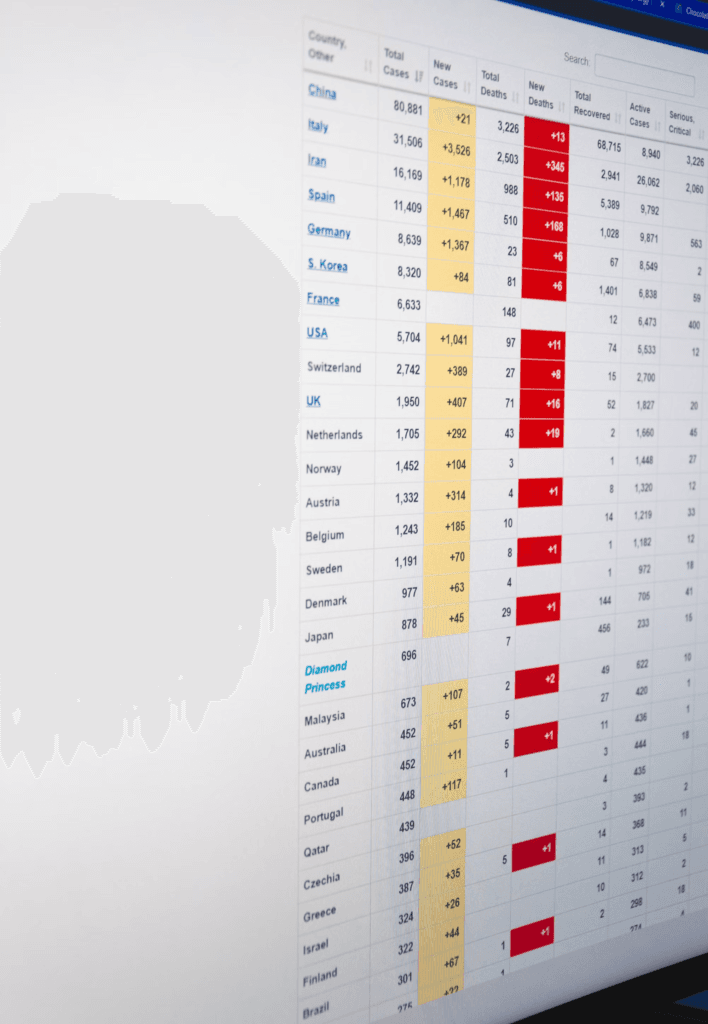Are you tired of pouring hours into social media posts that barely get likes, let alone drive traffic? You’re not alone. In today’s hyper-competitive digital landscape, creating engaging social media content isn’t just an art—it’s a science. Whether you’re a startup in Delhi NCR or an established brand, mastering these strategies will transform your social media game. Let’s dive into actionable hacks backed by data, trends, and insights from experts like SEOGraduate, a leading social media marketing agency in Delhi NCR.
Table of Contents
Toggle1. Know Your Audience Like Your Best Friend

Before crafting content, ask: Who are you talking to? Use tools like Facebook Insights or Instagram Analytics to uncover demographics, interests, and peak activity times. For Delhi NCR audiences, localize content by referencing festivals like Diwali or Delhi-specific trends. SEOGraduate emphasizes that audience segmentation increases engagement by 35%.
Pro Tip: Create a “buyer persona” for Delhi NCR users. Are they young professionals in Gurgaon or families in Noida? Tailor language, visuals, and CTAs accordingly.
2. Hook Them in 3 Seconds: Master the Art of Headlines & Visuals

Scrolling is fast. Your first impression is everything. Use:
- Bold headlines: “5 Delhi Street Food Spots You MUST Try This Winter!”
- High-quality visuals: Bright, culturally relevant images or short videos (<15 seconds).
- Contrast colors: Stand out in feeds with Delhi’s vibrant palette (think saffron, green, or metro-themed designs).
Platforms like Instagram Reels or LinkedIn Carousels are goldmines for traffic-driving content.
3. Leverage the Power of Storytelling

Stories humanize brands. Share behind-the-scenes clips of your Delhi office, customer success stories, or employee spotlights. SEOGraduate’s campaigns for local brands show that storytelling boosts shares by 50%.
Example: A Delhi-based bakery could post a video titled, “How We Bake 1,000 Midnight Cookies for Gurgaon’s Night Owls.”
4. Ride Trends (But Stay Authentic)

Jump on viral challenges, memes, or hashtags—but add a local twist. During Delhi’s pollution season, a mask brand could create a reel with “#DelhiAirEmergency Hack: Stay Safe & Stylish.”
Warning: Don’t force trends. Align with your brand voice. Tools like Google Trends or Twitter Moments help spot Delhi-centric trends.
5. Optimize for SEO Within Social Media

Yes, SEO isn’t just for websites! Use keywords in:
- Captions: “Best SEO services in Delhi NCR” → Link to your blog.
- Hashtags: Mix popular (#DigitalMarketing) and niche (#DelhiStartups).
- Alt-text: Describe images for search engines (e.g., “SEO expert team in Delhi office”).
SEOGraduate’s analysis reveals that SEO-optimized social posts attract 2x more organic traffic.
6. Engage, Don’t Broadcast

Social media is a two-way street. Respond to comments, run polls (“Which Delhi market has the best chaat?”), or host live Q&A sessions. Brands that engage regularly see a 45% increase in follower loyalty.
Case Study: A Delhi fitness studio used weekly live workouts to drive 500+ website sign-ups in a month.
7. Repurpose Content Like a Pro

Turn a blog into a carousel, a webinar into TikTok snippets, or customer reviews into quote graphics. SEOGraduate’s clients repurpose top-performing content across platforms, saving time and maximizing reach.
Example: Convert a “Delhi Travel Guide” blog into a Pinterest infographic + YouTube Shorts series.
8. Use CTAs That Convert

Don’t assume users know what to do next. Use clear, urgent CTAs:
- “Swipe up to grab your free Delhi travel checklist!”
- “Comment ‘YES’ for our free SEO audit guide.”
9. Track, Tweak, Repeat

Use tools like Meta Business Suite or Hootsuite to monitor metrics:
- Click-through rate (CTR)
- Engagement rate
- Traffic from social
SEOGraduate’s reports show that brands adjusting strategies monthly grow 3x faster.
10. Partner with Experts (Hint: Think Local)

Sometimes, DIY isn’t enough. Collaborating with a social media marketing agency in Delhi NCR like SEOGraduate ensures you leverage geo-specific insights, advanced tools, and proven frameworks. Their team specializes in turning vague ideas into traffic-generating machines.
Conclusion: Ready to Dominate Social Media?
Creating engaging social media content that drives traffic isn’t luck—it’s strategy. From mastering SEO-friendly captions to partnering with Delhi NCR experts like SEOGraduate, every step counts. Remember:
- Audience-first content builds trust.
- Trends + authenticity = virality.
- Data-driven tweaks ensure long-term growth.
Don’t let competitors steal your spotlight. Act now—audit your social media strategy, implement these hacks, and watch your traffic soar. And if you’re in Delhi NCR, why not let the pros handle it? SEOGraduate’s tailored approaches have helped brands like yours dominate feeds and search results. Your viral moment starts today!
Need a Tailored Plan?
Contact SEOGraduate—your Delhi NCR partner in crafting social media strategies that convert.





